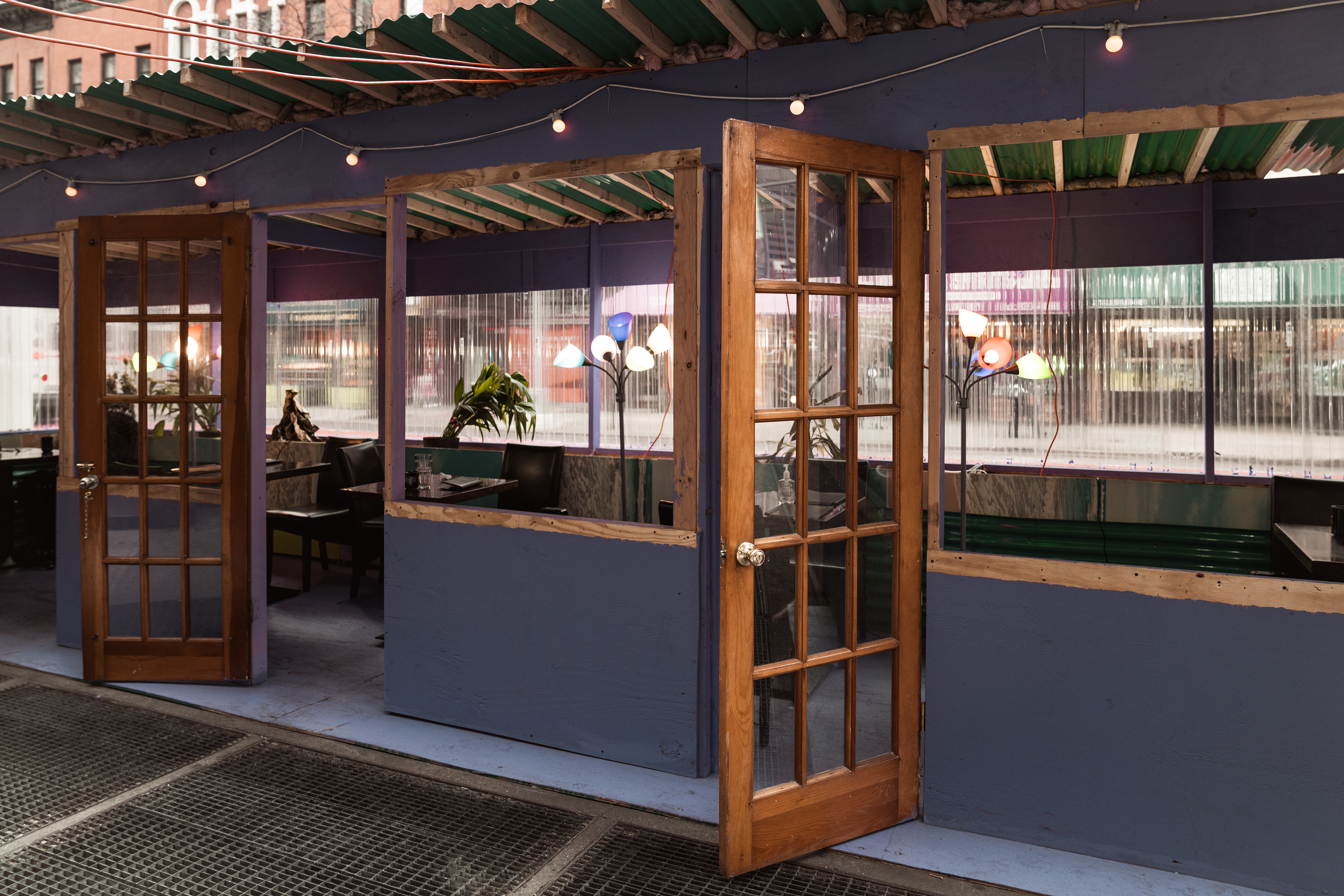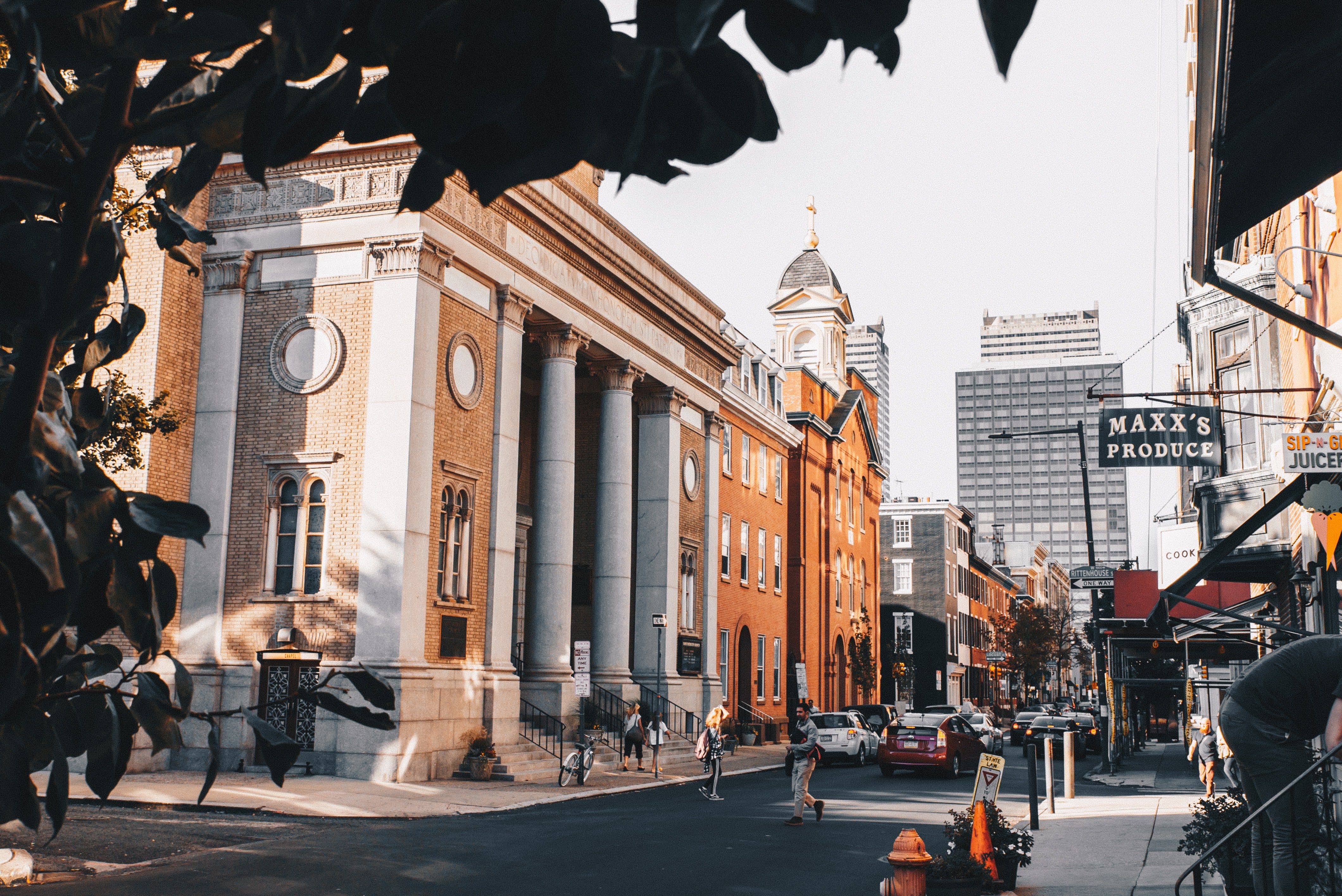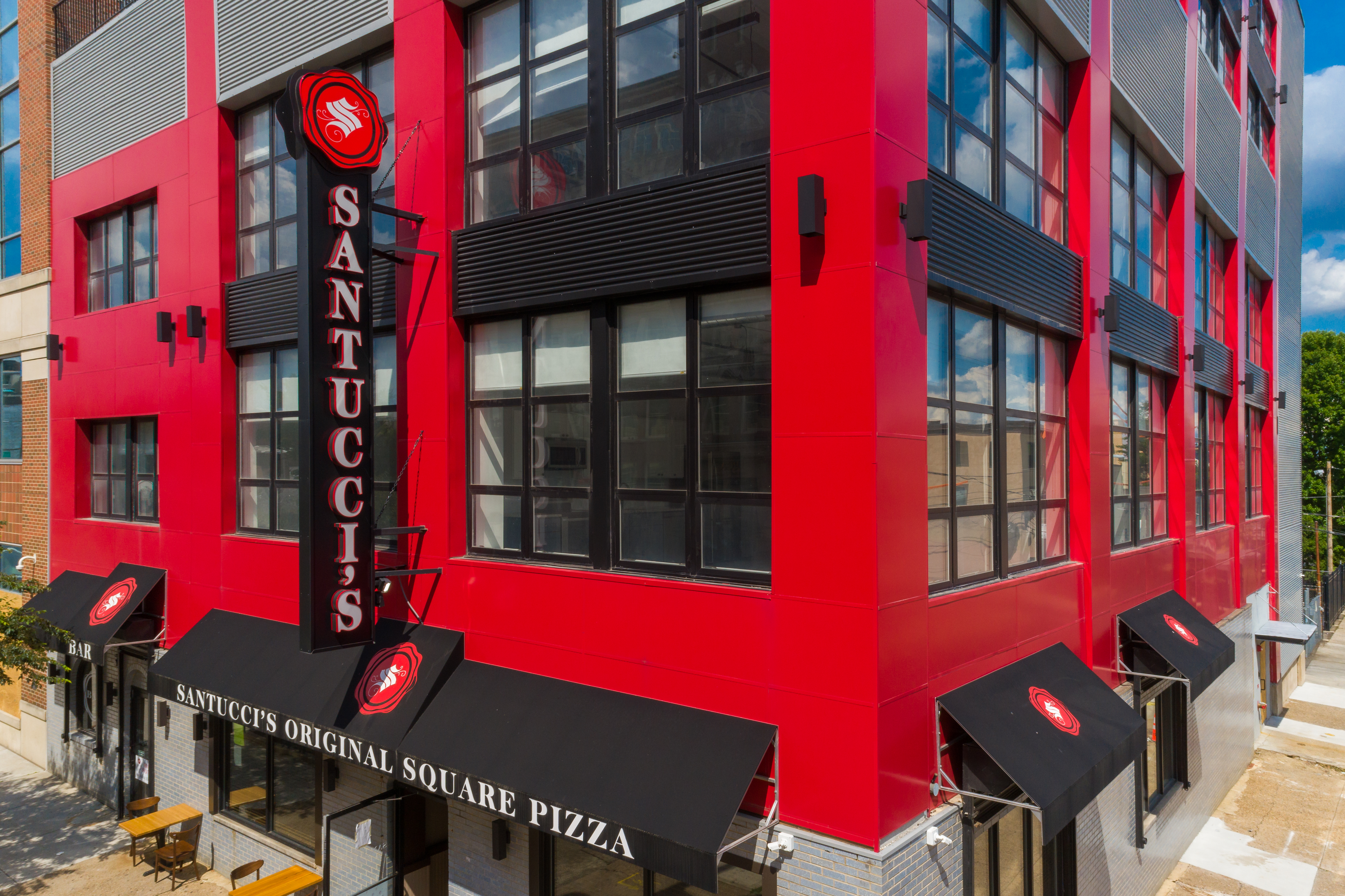In 2019, Philadelphia City Council announced a major change to the 10-year tax abatement for residential development. The 20-year-old program that originally encouraged residential development in the city will drastically reduce incentives for new homeowners and developers—but now they don't go into effect until 2022. Here's what you need to know about the 10-year tax abatement changes and other development tax bills that recently passed.
Last year, we learned that the 10-year tax abatement would be changing from a full exemption on the assessable amount of construction cost for ten straight years to a decreased exemption by 10% every year, until it expires in the tenth year. That means real estate developers will enjoy a 100% exemption the first year their new row home is built, but will have to start paying increased tax in the second year because the discount will then be 90%, 80% in the third year, and so on.
This was originally intended to take effect at the start of 2021. With 2020 coming to an end, developers in the area had been scrambling to get their applications for exemption submitted before the 10-year tax abatement lost its magic after January 1, 2021. But on December 10, they were able to pause and reevaluate their strategies, because the City Council passed three bills on development tax that turn the clock back for another year:
- Delay on the 10-year tax abatement change for new construction residential properties
- 90% exemption 10-year tax abatement for commercial and industrial development
- New 1% Development Impact Tax (DIT) on residential construction cost, or making improvements to any structure for which building permit is required
These additions and amendments will now take effect January 1, 2022.
1. Delay on the 10-year Tax Abatement Change for New Construction Residential Properties
Bill No 200366
Amendment to Section 19-1303.4
The bill rescheduled the change to the 10-year tax abatement program from Dec 31, 2020 to Dec 31, 2021. Developers will have another year to take advantage of the tax exemption on the assessable cost of new construction for residential properties.
2. 90% 10-Year Tax Abatement for Commercial and Industrial Development
Bill No 200653
Amendment to Section 19-1303.3
This bill reduces the exempted assessable amount of improvement cost from 100% to 90% for certain development types. These types are described as "... improvements to deteriorated industrial, commercial or other business properties."
This amendment is the answer to the now common warehouse-turned-apartment buildings that bring hundreds of units to a neighborhood at a time. A 10% reduction in tax abatement for projects of this scale is enough to create financial impact, making developers think twice before purchasing a hundred-year-old warehouse.
3. New 1% Development Impact Tax (DIT) on Residential Construction or Improvements
Bill No 200556
New Section 19-4400
This bill adds a brand new section to the end of Chapter 19 named "Development Impact Tax." This new tax will be applicable to all residential development, stated as "...any structure for human occupancy for residential purposes OR making any improvements to ANY such structure, for which a building permit is required pursuant to § 4-A-301.1.1."
Now 1% tax is calculated based on the cost of construction or improvement, and it is due at two specific phases of a project. Half of the tax is to be paid as part of the building permit fee, and the other half is due after the certificate of final inspection is issued. According to the bill, tax proceeds will be used to fund programs that support affordable housing.
Forecasting Philadelphia Real Estate Development in 2021
We have recently analyzed building permit activity and vacant properties in Philadelphia. There is no doubt that the coronavirus pandemic has affected development, and the city knows that too. The Department of Licenses and Inspections issued over 1,700 new construction building permits in 2019 and under 800 in 2020. Yet Philadelphia City Council decided to delay reduction on tax abatement and the new Development Impact Tax for an entire year. This suggests that development in Philadelphia did not meet expectations.
It was clear that the city intends to slow down residential development by changing the rules of the famous, or infamous, 10-year tax abatement. In the beginning of this year, developers in Philadelphia were aware of this event and acted accordingly. But then the pandemic got in the way, pushing the plan down in the priority list. If things get back to normal early in 2021, a busy year full of real estate development projects throughout the city like 2019 shall be expected.
Looking to Develop in Philadelphia?
We handle everything from feasibility studies and design to construction and pre-selling properties. If we can assist with any of your development needs, let us know!



